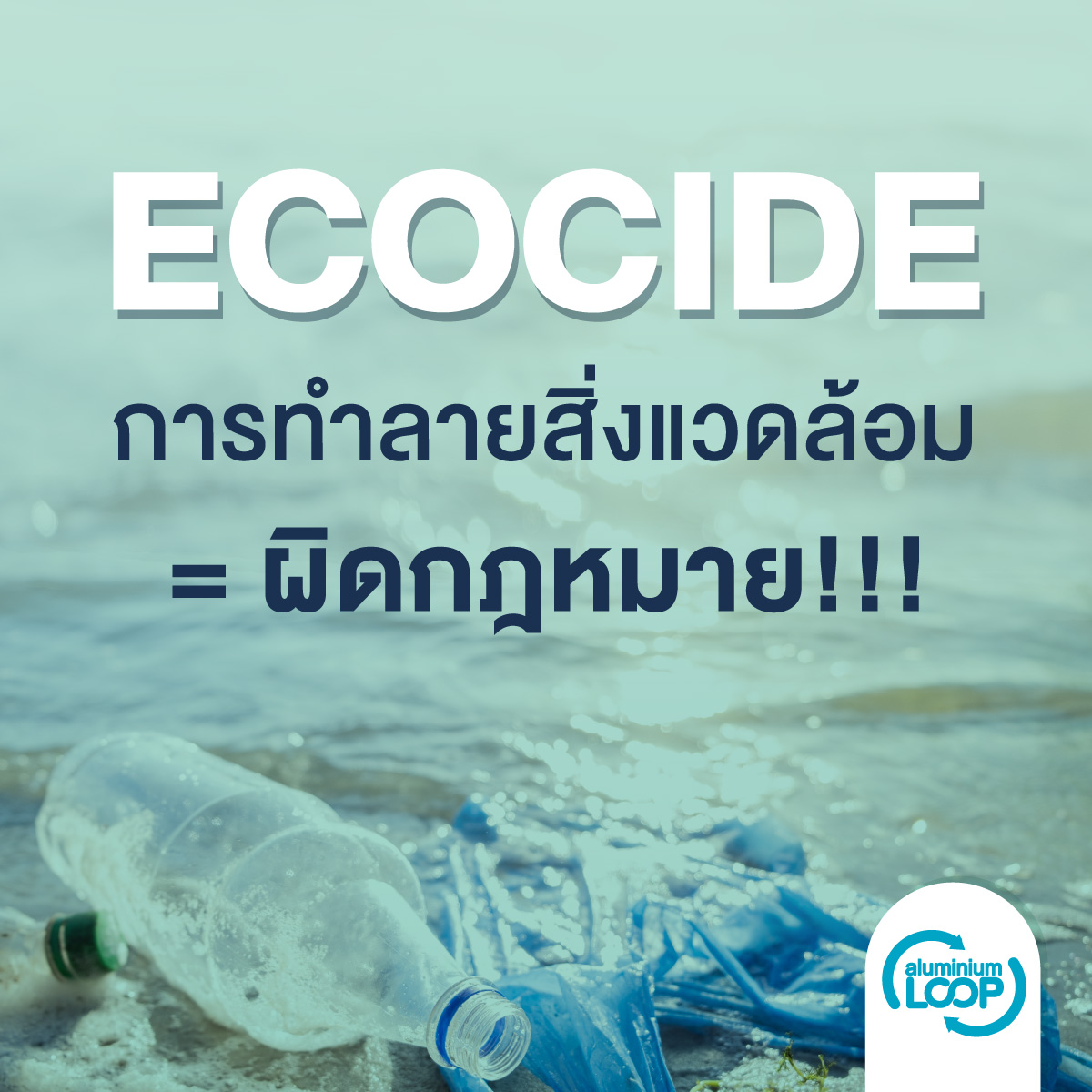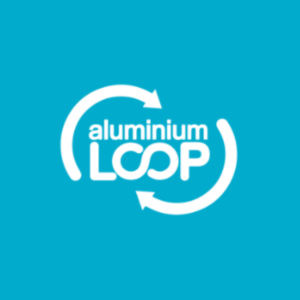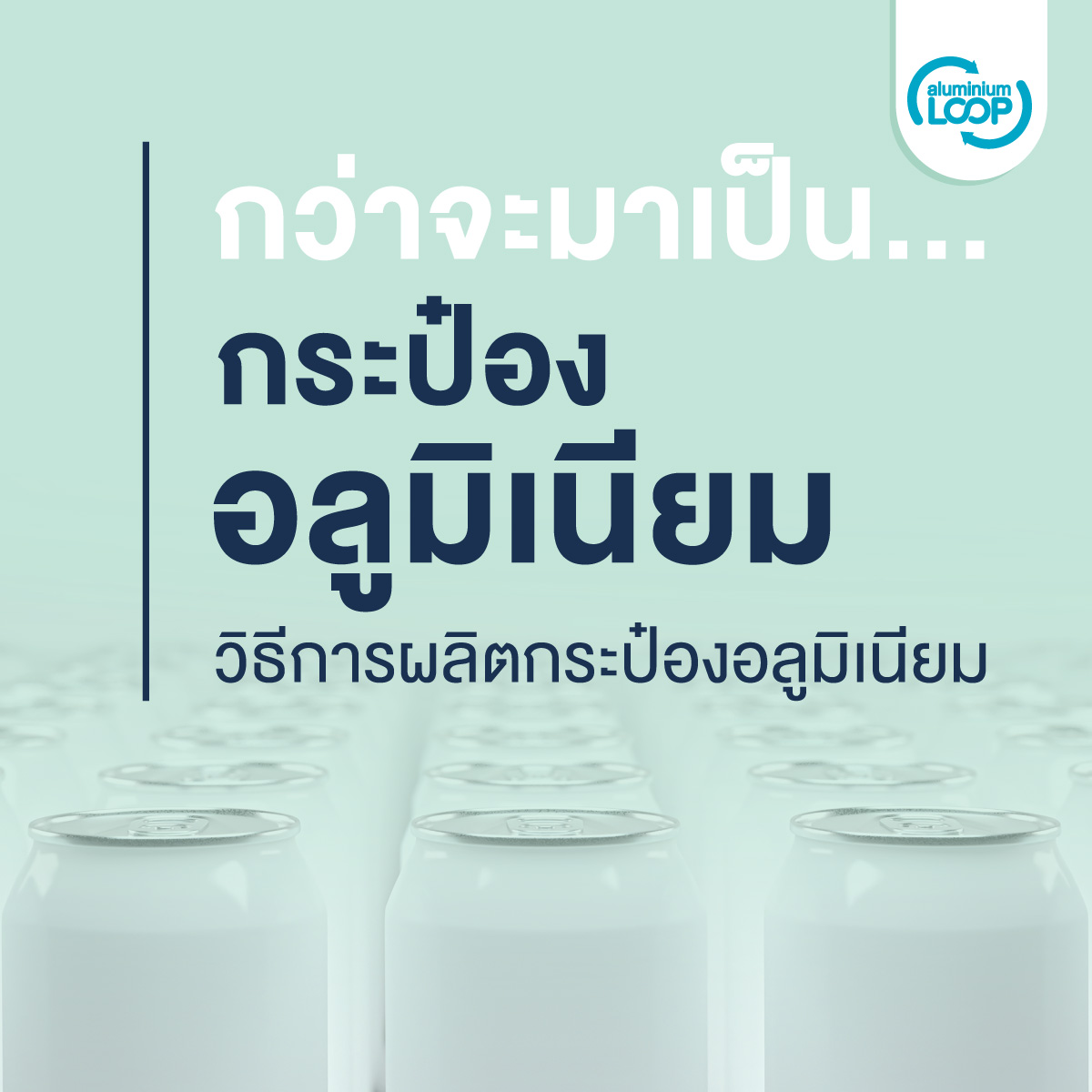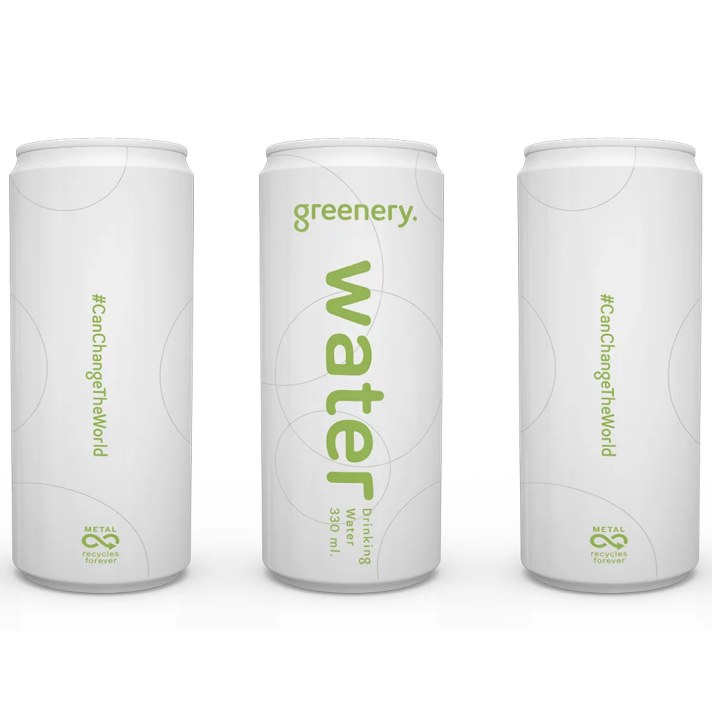
Ecocide: Environmental destruction = Illegal!
Get to know Ecocide, as all forms of environmental destruction are about to be recognized as crimes that could lead to international criminal court trials.
We all want the good things we cherish and love, like happiness, love, and well-being, to last “sustainably” with us forever
Often, we even pray to the divine, wishing for our love to last forever, among many other things.
The term “sustainable” might mean different things to different people, but generally, it’s about wanting the good things to stay with us permanently, without easily disappearing or failing. The longer, the better, even for generations.
Sustainability isn’t just about feelings or thoughts; it includes our body, health, belongings, appliances, and industrial businesses. we want to last sustainably.
Thus, sustainable industrial businesses are those that can operate for decades (safely and continuously surviving over time), potentially passing down as inheritance to future generations.
Chinese businesspeople, with their long experience, have concluded that a good (sustainable) business can last up to 4 generations (with each generation being around 60 years), meaning business owners often pass down their businesses to their grandchildren, spanning 4 generations (from grandparents to parents to children to grandchildren). However, by the 5th generation (great-grandchildren), many tend to lose interest or fail. Many struggle and collapse within this period leading to the business closing or having to start anew or transit into different ventures.
Western masters, on the other hand, consider “100 years” as the benchmark for a business’s survival and sustainability. If a business lasts for 100 years, it’s deemed likely to continue safely into the future, lasting through many more generations.
The book “Built to Last” highlights many businesses that have been around for over 100 years and seem set to continue far into the future, like Gillette razors and Montblanc pens. In Thailand, several businesses have surpassed the 100-year mark, such as Osotspa, Siam Commercial Bank, and the Siam Cement Group.
The academic definition of “Sustainable Development,” widely accepted and frequently referenced globally, includes:
So, the current understanding of sustainability integrates the concept of conserving and preserving “natural resources and the environment” as an important part of human life, societal coexistence, and industrial business practices for a better future of our global society.
But the real question is, are our daily actions leading us to sustainability?!


Get to know Ecocide, as all forms of environmental destruction are about to be recognized as crimes that could lead to international criminal court trials.

Before becoming the aluminium cans to hold drinks we’re familiar with. What’s the production process they go through? Let’s explore together.

Thailand’s first brand of canned drinking water. Good for the body, good for the soul, and eco-friendly because aluminium cans are 100% recyclable.